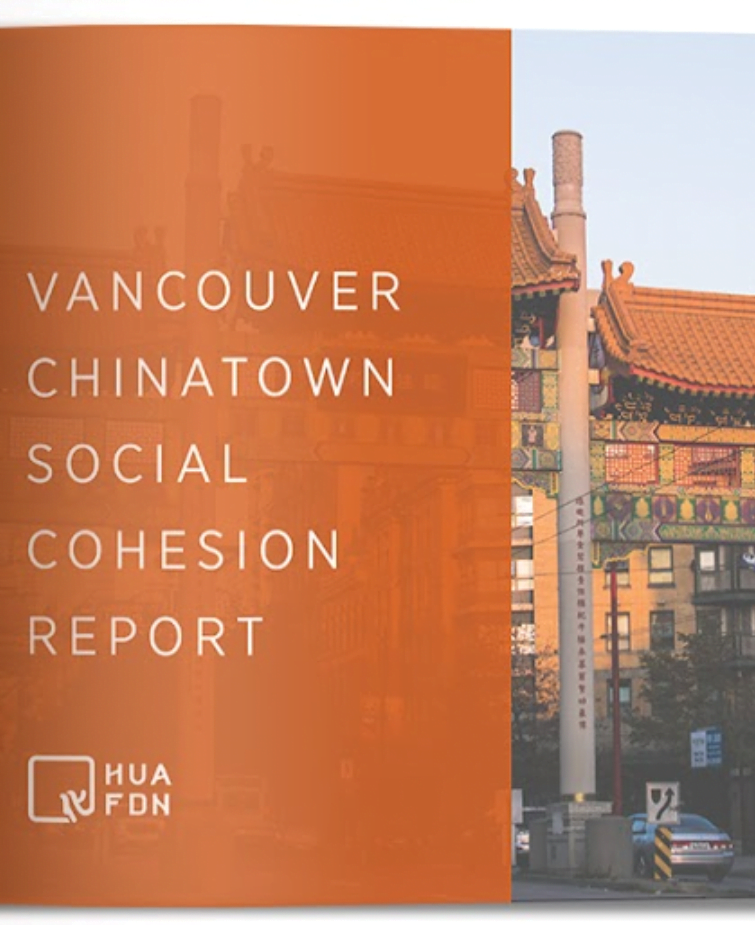Search the Baseline Project
To search the recommendations database, please visit the database main page.
To search the recommendations database, please visit the database main page.

In January 2019, hua foundation published “Vancouver Chinatown Social Cohesion Report. The report addresses social cohesion in the neighbourhood’s food retail landscape and demonstrates a growing divide within what has historically been a tight-knit community. It makes several recommendations to address this concern, including advocating for the development of a city-wide equity framework to better understand the needs of its existing and growing diverse populations and to guide the application of existing policies and strategies.